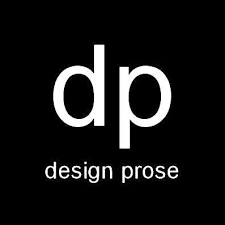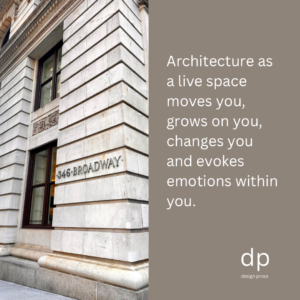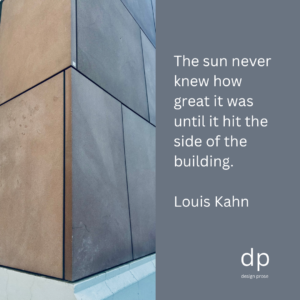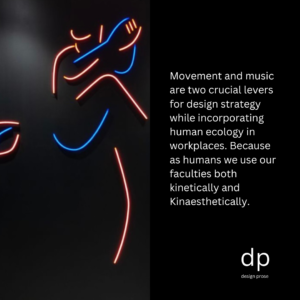Pallavi: You had very recently mentioned that Real Estate will become PropTech and PropTech will become real estate. Would you want to revise that statement. If not, please tell me why you think so.
Antony Slumbers: The great remote working experiment has blown down the great blocker, in management thinking, that serious work requires people to be together, full time, in the office. But for this to work every company needs the technical infrastructure and their people the appropriate hardware and software, to work anywhere. This, again, is forcing every company to embrace technology, at speed. So yes, PropTech becomes real estate and real estate PropTech.
Pallavi: There is no better time to evangelize SaaS, Space as a Service now for the Real Estate, globally. It is no longer just predicated on flexible spaces, co-working spaces and so on. With context changing dramatically, users will take very customized solutions for themselves. Era of mass real estate solutions appears challenged. Your thoughts.
Antony Slumbers: My feeling is that the flex market will grow dramatically, and then disappear. The entire market will operate on a more flexible basis, so the flex market will morph into THE market. Not everyone will procure their real estate on a fully flexible basis, but they will operate them in a flexible manner. We are highly likely to use a multitude of spaces to do our work, each appropriate to the ‘job to be done’ at the time. Some in HQ, some from home, from near home, in many form factors.
Pallavi: We build because we believe in the future and also because we want to predict the future. Current circumstances are holding us into a giant pause mode. Do you foresee massive shifts in real estate or just incremental changes?
Antony Slumbers: Massive change is far more likely than incremental change. And it was underway before the pandemic, which has simply accelerated and intensified existing trends. Fundamentally, real estate demand is not diminishing, but we need better real estate, and much of it, in a different form factor.
Pallavi: Which assets class will you bet on for CRE fraternity, with the given information so far on the pandemic. Would you want to crystal gaze into 2030. What are some of the possibilities that you see emerging in CRE and built environment.
Antony Slumber: Short term I would be, short the flex market, but long term I am very long, the flex market. I think local workspaces will thrive and mixed use residential/work developments.
In city logistics (to facilitate fast e-commerce delivery) will be very strong. As will data centres, and mobile data infrastructure. Safe, healthy spaces that take care of us, and the planet, will be at a premium. Across all assets, less but better will pay off.
Pallavi: Sustainability and wellness is no longer a feel good add on for the entire CRE fraternity. Nature has enforced and made that choice on to the humanity, globally. Your thoughts on it to developers, advisors, architects and all built environment professionals?
Antony Slumbers: The pandemic is creating a new zeitgeist. One where, first, the business community across the planet has realised that remote, distributed working largely does work, and secondly that the world around us can be unsafe, scary and dangerous. These are acting like forcing functions in making us rethink how work could, or should, be organised and how we need to pay so much more attention to environmental factors in our buildings. If the built environment is not safe, and does not aid our health & wellbeing, then, as humanity, we have failed.
Pallavi: CRE Industry is generally a very talkative fraternity and is quick to want to go for predictions, scenarios with the available data. But that is only from the known parameters. Do you think, CRE fraternity needs to invite more, philosophers, contrarian thinkers and troublemakers into the fold now that the game is changing to overthrow pedestrian patterns that we may have spotted.
Antony Slumbers: The best thing about real estate people (as a rule of thumb) is that they tend to be very entrepreneurial and very personable. The worst thing is that they tend to mix almost exclusively with people like them. Which makes for an enjoyable life, if one is part of the ‘in’ crowd, but not a very diverse one. As the industry morphs from being about selling a product to delivering a service we will increasingly find that ‘the real estate industry is no longer about real estate’, and we will need to embrace a much wider range of cognitive diversity and skills. Our job is to enable people to be productive at work and take pleasure from the wider built environment; that requires more than bricks and mortar knowledge.




